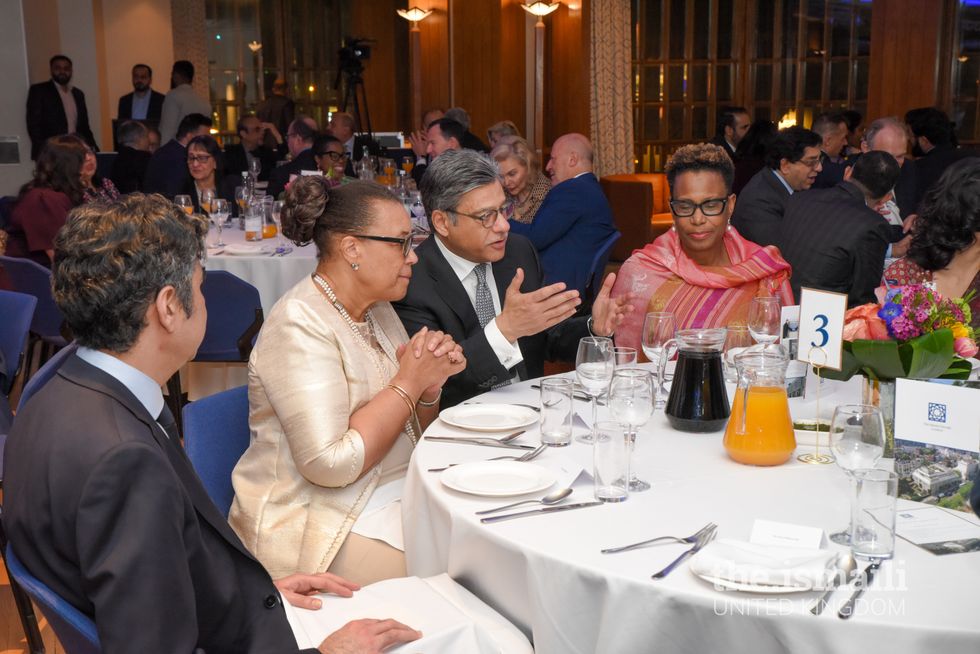Economist Jeevun Sandher has been chosen as the Labour candidate for the Loughborough parliamentary constituency for the next general election due in 2024.
“It is the greatest responsibility of my life,” he said after his selection by a voice vote of local Labour functionaries at Charnwood College this week.
Conservatives have been representing the constituency since 2010 with the incumbent Jane Hunt winning the last election by a majority of more than 7,000 votes in 2019.
However, a recent survey predicted a resounding win for Labour in 2024 with the party gaining significantly in northern England.
Loughborough is considered a bellwether constituency as the party which has won the seat has also been emerging victorious at the national level since 1974.
Sandher, who is currently undertaking PhD research at King’s College London on the political and economic causes of income inequality, previously worked as an economist in Somaliland’s finance ministry.
He also advised HM Treasury and the Department for Work and Pensions on macroeconomic policy, social security, inequality and poverty.
Having worked as a teacher and a trade union representative, Sandher is the head of economics at the UK think tank New Economics Foundation and is often featured on the BBC and Sky news channels. His voice is heard on LBC, Radio 4 and Radio 5.
He said Labour can defeat the Conservative party in Loughborough to achieve positive changes for which “I’ve spent my entire adult life”.
“We can end the hunger, heating, & housing crises” in the constituency and across the country by beating the Conservatives, he claimed on Twitter and accused Hunt and the government of making the UK “morally and materially poorer.”
“I'm building a team to earn every single vote and change that,” said Sandher who secured his MSc degree in economic development and policy analysis at the University of Nottingham.
He wrote on his website: “When one in six of Loughborough’s children are going hungry when 2/3 of adults in poverty are in working households, when pensioners are freezing in their homes, and when my generation can’t afford to start families, it is clear we need change.”






 Purushottam Agrawal and Linda Hess in conversation with Sanjoy K Roy
Purushottam Agrawal and Linda Hess in conversation with Sanjoy K Roy Swaransh Mishra, Kirpal Singh Panesar and Rajvir Singh Bhachu
Swaransh Mishra, Kirpal Singh Panesar and Rajvir Singh Bhachu












